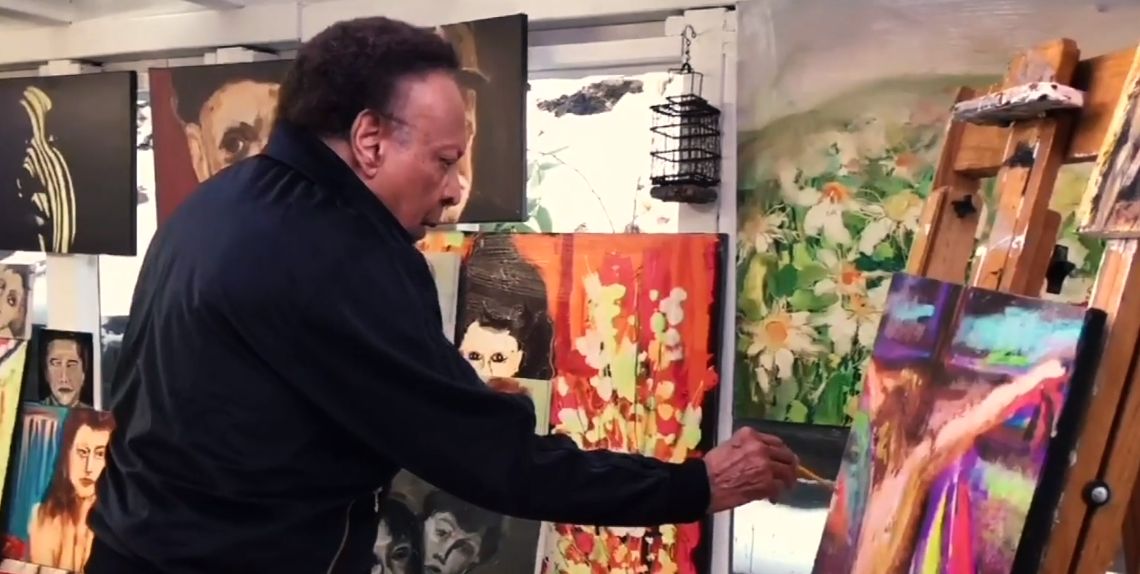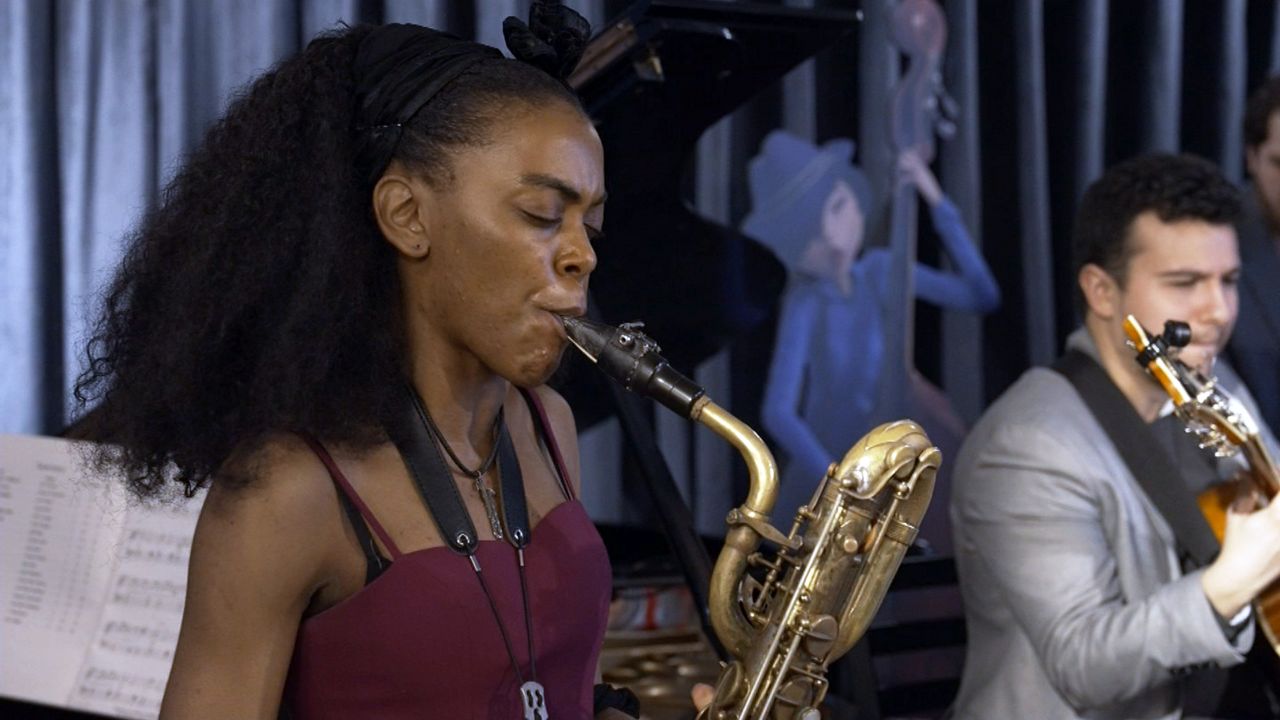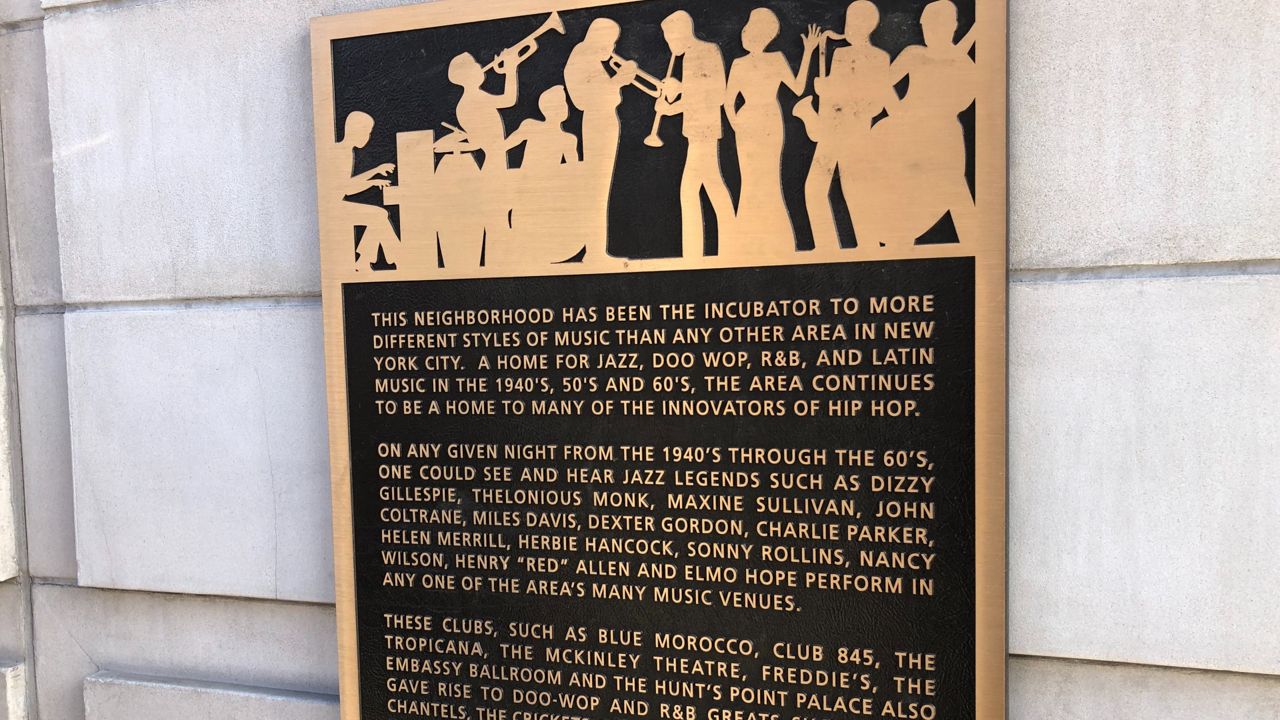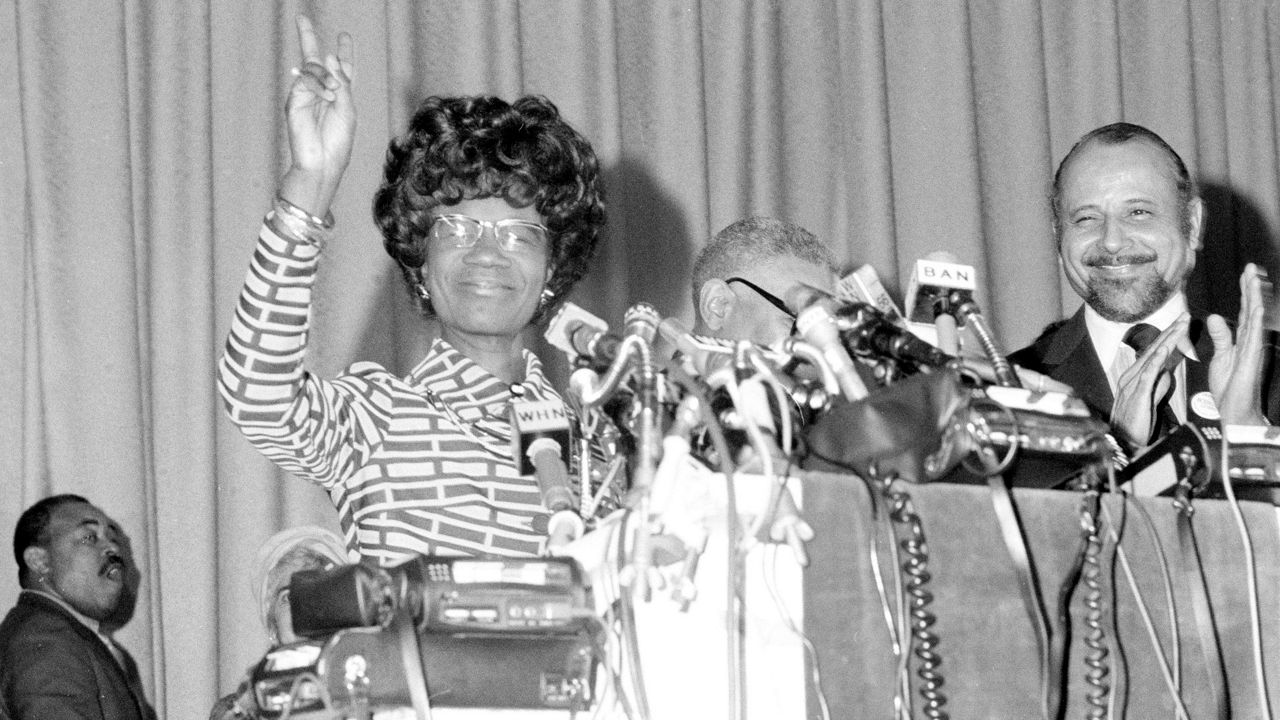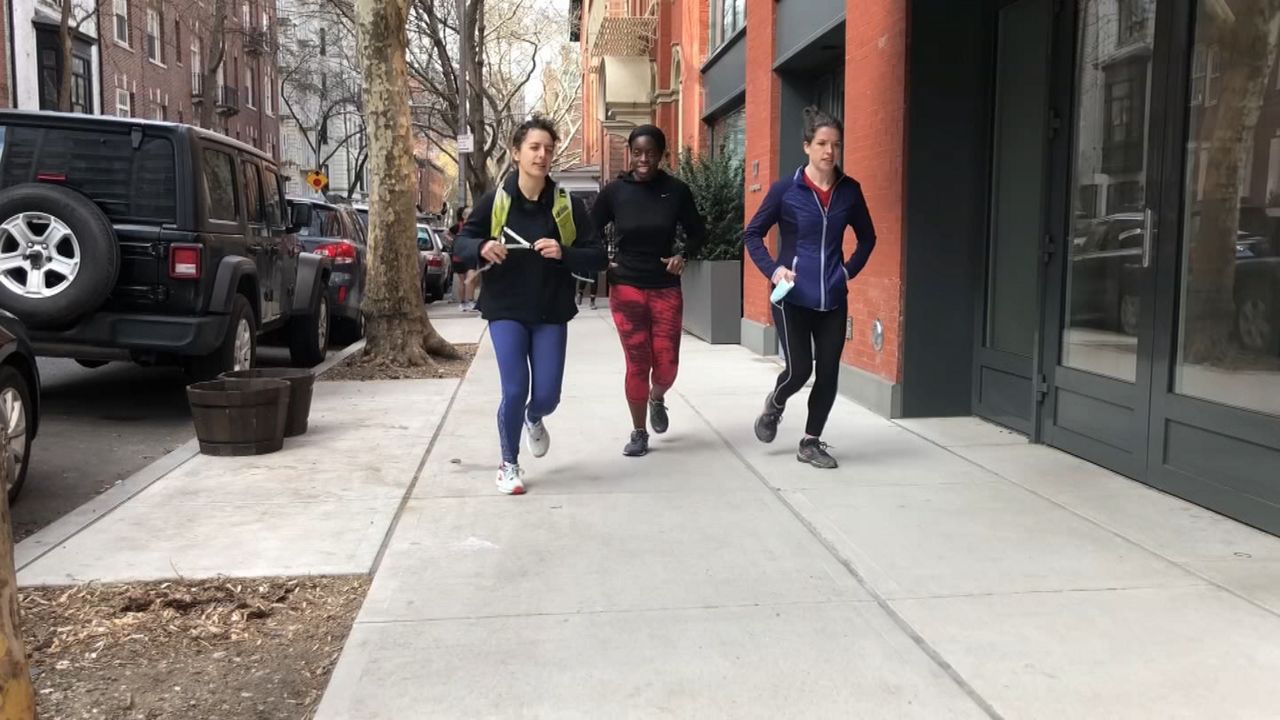NEW YORK — The year 1967 was defined by defiance. Sidney Poitier defied the critics. Thurgood Marshall defied the odds. Jimi Hendrix defied musical gravity. But the gravity of social injustice and the Vietnam War produced a defiance that changed the country forever.
During the so-called "long hot summer" 159 riots broke across the country calling for change and an end to the war. Martin Luther King Jr. came to New York to put a commanding voice to that defiance.
Local TV news outlets felt it was essential to have black reporters and anchors find and tell the stories of a changing Black America. Bob Teague had already been a reporting fixture at WNBC when Melba Tolliver and Gil Noble were brought to WABC. Bill McCreary went from radio to what was then WNEW, eventually becoming the first Black man to co-anchor a prime time local newscast.
The following year John Johnson, who was actually a widely-published art professor, was named by ABC as the first Black network documentary producer. Soon afterward his on-air career was born.
"For one of my documentaries I had one of the ABC anchors come in to do a Q&A and somehow he couldn’t and I did it in his stead and that’s when ABC said we would like you to be on air as a network correspondent and that’s how I basically started," recalled Johnson.
Asked if he felt pressure because of his race Johnson said, "It was very difficult when I first started. People who were employed there were not used to taking directions from a Black man."
One of his first assignments in 1971 was reporting on the bloody Attica prison riot. Born in Harlem and raised in Bedford-Stuyvesant, Johnson gave the network an urban edge that paid off.
“I knew some of the inmates because I grew up in the same neighborhood as some of the inmates at Attica," said Johnson. "They asked me to come in and be the reporter and be there during the negotiations."
Johnson gained notoriety for ignoring widely reported misinformation about the deaths that occurred during the standoff. It would be one of many proud moments in his career including coming face-to-face with Nelson Mandela. Johnson would go on to co-anchor the 5 and 11 o'clock shows at Channel 2 and the noon on Channel 4 before retiring to care for his ailing father. He shared his thoughts on some of his other history-making colleagues.
About former WNBC anchor Sue Simmons, Johnson said, "She was somebody who understood that she had to be right on the mark and she was but she was lovely at doing it, just a lovely person too."
Johnson also reflected on former WCBS TV reporter and anchor the late Reggie Harris.
“Reggie died way too early. He also was a pioneer. It’s very difficult. Reggie died so early but had a very, very productive and creative journalistic life," recalled Johnson.
Johnson won nine Emmys during his 30-year television news career as a reporter, producer, writer and director. Happily married and retired, the now 83-year-old Johnson tells his stories on the canvas.
“You have to reflect the world in which you live and you have to constantly stay in touch and see that world in a very broad way of human emotion and interaction," said Johnson. "What I’m trying to do on canvas is express what I see and feel put together with the intricacies of living and dealing with other people other things and being open and not closed, intellectually or poetically."




